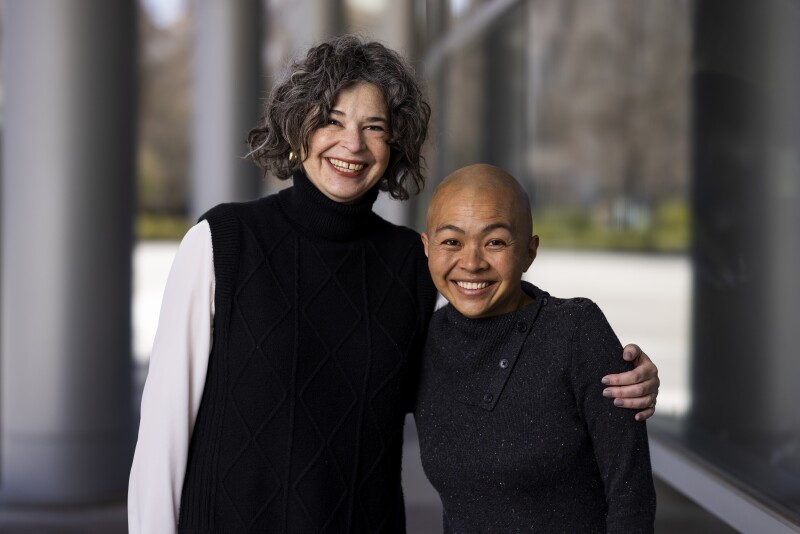Melissa Wei-Tsing Inouye received a Ph.D. in East Asian studies from Harvard University. Today, she is a senior lecturer at the University of Auckland and a historian at the Church History Department. We recently asked her about her life and latest book, Every Needful Thing: Essays on the Life of the Mind and Heart, which she coedited with the late Kate Holbrook.
What is one of the best meals you’ve ever had? I think the best meal that one could ever have in general is a bowl of pho, a Vietnamese beef noodle soup.
You specialize in modern Chinese history. When did you know Chinese history was going to play a large role in your life, and what do you love about it?
I was interested in it because my family is Chinese and Japanese. But once I went to China and spoke with the people, I realized there’s this huge world out there—a fifth of the population—that I hadn’t even understood before, and I couldn’t imagine not continuing to learn about this culture and history and language. We have records from thousands of years before the birth of Christ recording what was going on in the royal court of the Shang Dynasty—whether it rained that day, or whether the king’s wife had a toothache. All these records have been meticulously kept over the years, and, from a historian’s point of view, it is extremely impressive.
Your latest book, which features essays from Latter-day Saint women worldwide, was created with young adults in mind. Why?
Once people leave the safe bubble of their homes, their family, and their Latter-day Saint community and they get out into the world, they sometimes feel completely unmoored. They encounter schools of thought they’ve never encountered before and tools for critical thinking that they’ve never applied to themselves. And when this happens, very often people have a faith crisis, and it is a time when many people leave the Church.
Kate and I were hoping that we could provide role models of people who became leaders in the world outside of our small bubble of Latter-day Saint communities, but who completely valued the faith and the practices of Latter-day Saints and credit so much of their professional success and their many achievements to their beliefs.
You and Kate both endured forms of cancer. Do you feel your health struggles united you in working on this book?
Everyone in life needs to have someone who understands them. Kate and I had many similar experiences, including the experience of living in the shadow of death. We understood the meaning of urgency. We understood what was of primary and secondary and tertiary importance: first, our families. This was very clear. But after that, we both wanted so badly for voices to be heard which have not always been heard.
What does it mean to you to overcome the world and find rest in Jesus Christ?
The world right now is extremely polarized, extremely uncivil, and extremely divided into political tribes. I think from a certain point, if I didn’t believe in Jesus, I would just give up because I think it’s unfixable. But because I believe in Jesus, I realize that even if I try to build bridges or to help nuance become more widely recognized or valued, and I fail, I’m still doing what Jesus asked us to do. The rest that Christ offers me is the knowledge and the security that anything I do to try to interact with people like they’re children of God worthy of respect is worth something.



